The Love Guru (2008)
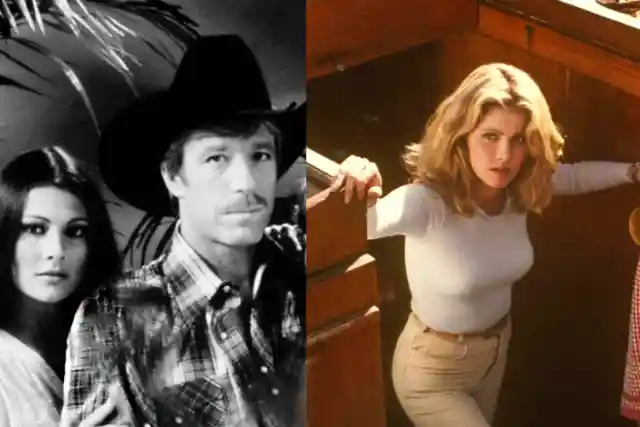
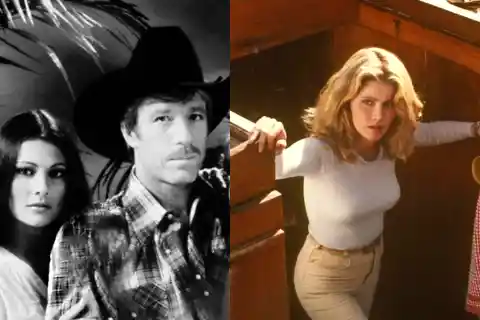
Certain nostalgic movies can transport you back to a simpler time in life, when social media didn’t exist, and when jokes had far wider boundaries. In recent years, however, revisionist historians have called out nostalgic impropriety, and what today would be regarded as inappropriate content matter.
Even classic movie scenes containing scantily clad women are often considered “out of touch.” In light of the stark societal contrast between today and yesteryear, these iconic movies haven’t aged well, and would almost certainly not be made today…
I Now Pronounce You Chuck and Larry (2007)
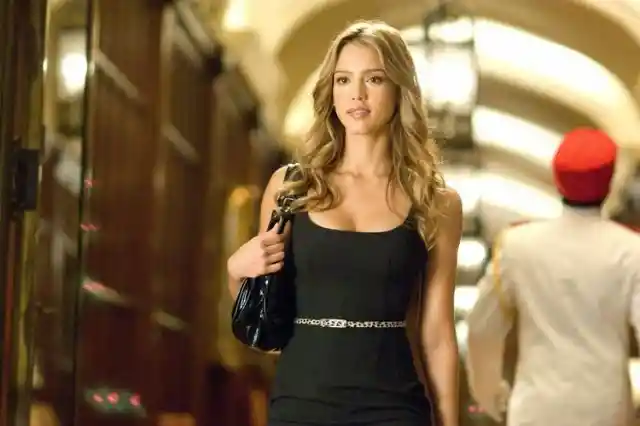
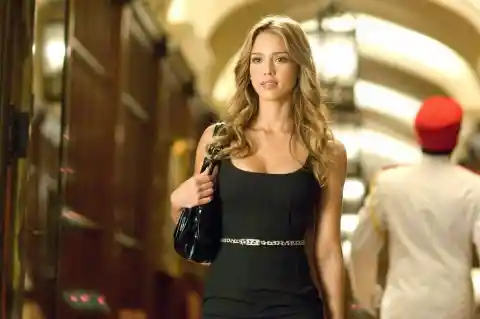
The Love Guru stars comedic actor Mike Myers and Jessica Alba. The plot has Myers as a Canadian white man acting as an Indian love guru. The movie was such an epic failure commercially that it nearly sank Myers’ career.
Aside from audiences finding issues with Myers’ character from the start, Alba’s adoption of Indian garb would likely be seen as cultural appropriation. One scene that would raise eyebrows has two elephants getting together at the hockey game.
Sixteen Candles (1984)
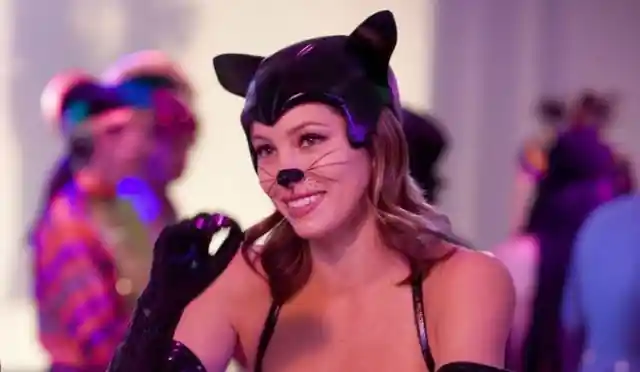
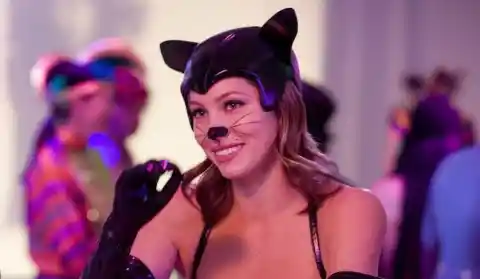
I Now Pronounce You Chuck and Larry is a comedy that stars Adam Sandler and Kevin James as firefighters that pretend to be married for insurance purposes. The topic of the flaws in the healthcare system is certainly one that is often talked about today.
However, the plot of two straight men getting married and pretending to be a couple would not work as a plot today. That’s even the numerous jokes about same-sex marriage that many of today’s viewers would find pretty derogatory.
Zapped! (1982)
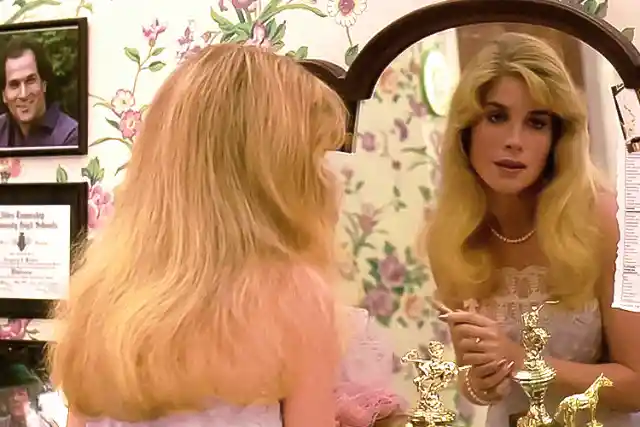
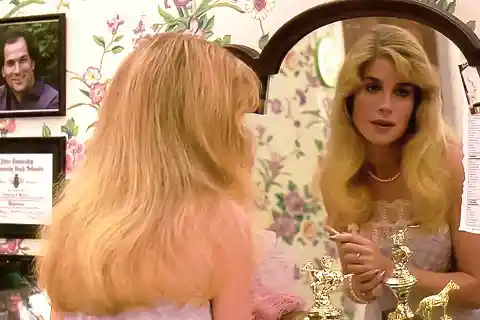
Sixteen Candles has been a fan favorite for generations due to Molly Ringwald’s fabulous portrayal of the disheartened girl whose 16th birthday was forgotten by her family. It’s one of the memorable films of the 1980s and a “Brat Pack” classic.
This movie, or at least some of it, would have some changes that need to be made. Particular things that wouldn’t hold up well involve the subplot of trying to get a girl’s underwear for a bet, as well as the portrayal of Japanese exchange student as being pretty stereotypical.
Crocodile Dundee (1986)
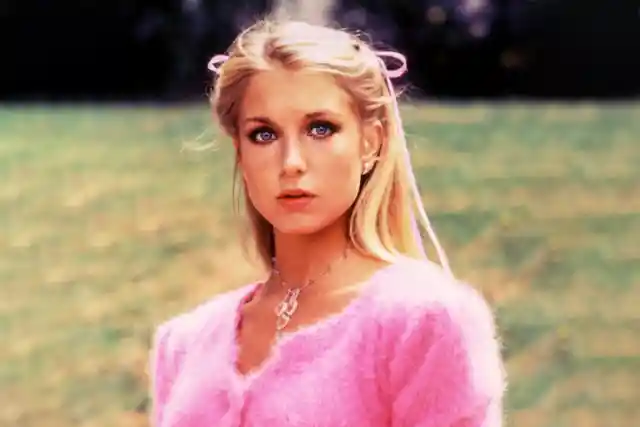
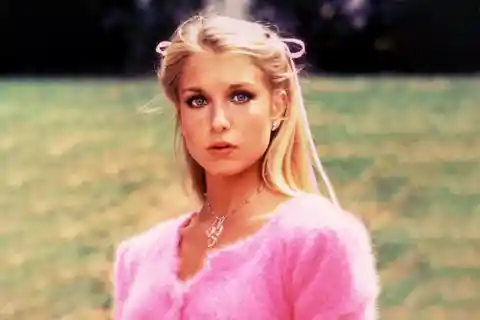
Zapped! is a story of a teenage boy, played by Scott Baio, who gets telekinetic powers. Even though he is the hero of the story, he spends most of the film bullying his female classmates.
How does he do it? He bullies the girls at his school by using his powers to yank their clothes off. In a world where people are taking an active stance against bullying and assault, a movie like this would likely receive backlash from everyone.
Dogma (1999)
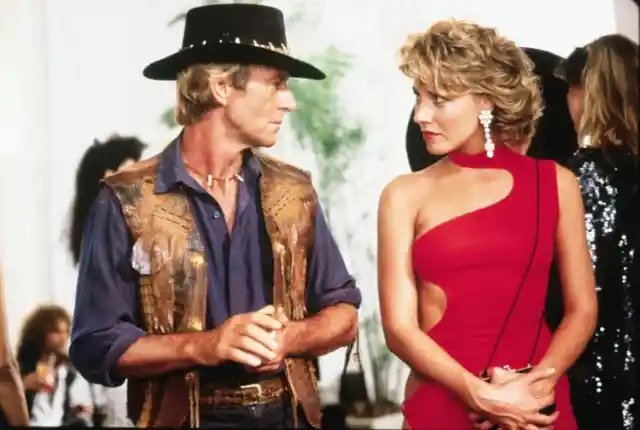
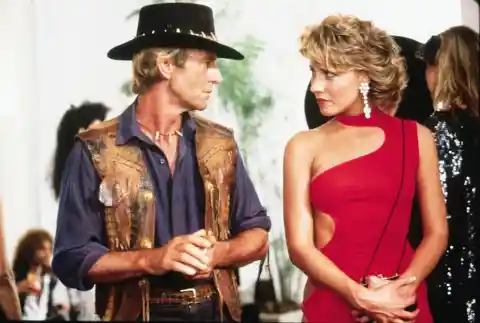
The classic fish-out-of-water scenario of Crocodile Dundee has a man from the Australian outback adjust to life in America. The story was inspired by the life of Rod Ansell. Even if someone hasn’t seen the film, there are a ton of references in modern pop culture that stuck from this hit.
Crocodile Dundee earned Paul Hogan an Oscar nomination back then. But while it’s a stereotypical depiction of Australians that may be only mildly irksome to people, the protagonist’s views on the world would likely be classified by many as chauvinistic, racist, and homophobic today.
Porky’s (1981)
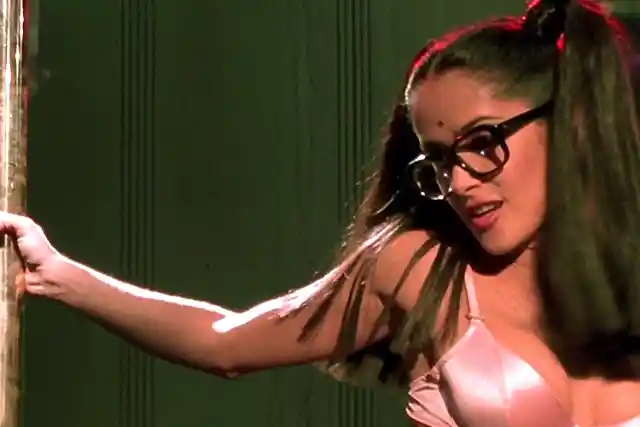
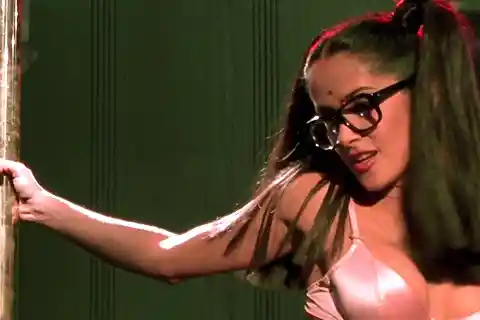
Dogma is also another expletive-riddled comedy from Kevin Smith. Different than his other films, this movie pokes fun at organized religion, with the plot being about two fallen angels trying to get back to heaven. Kevin Smith actually received threats to his life after this one.
Despite the all-star cast of Alan Rickman, Ben Affleck, Matt Damon, George Carlin, Linda Fiorentino, Janeane Garofalo, Salma Hayek, and Chris Rock, the film received heavy backlash in the ‘90s. The satirical nature of the film and overt jokes about Catholicism would certainly rock the boat nowadays.
Forrest Gump (1994)
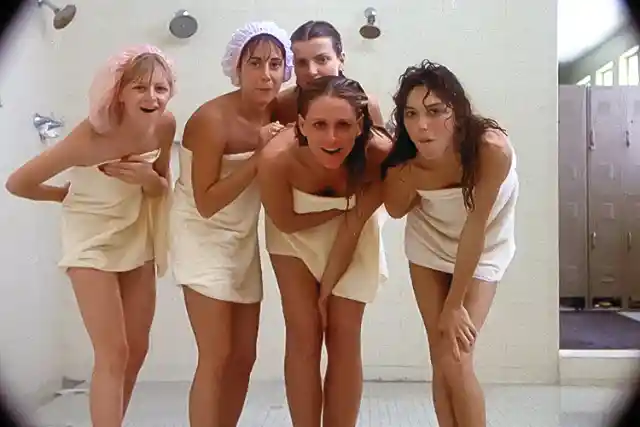
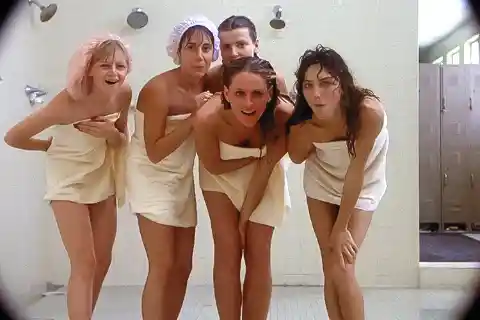
Porky’s was one of those movies that were influenced by the aforementioned Animal House. There are many reasons to count why this ’80s raunchy, teen comedy wouldn’t make it to the film industry today, so we will sum it up with just one scene.
One of the most famous scenes is when a group of teenage boys drills a hole in the school locker room to secretly watch their female classmates. Much like the presumptive muse it drew from a few years earlier, a scene about spying on women undressing just doesn’t resonate as being too funny in today’s world.
Revenge of the Nerds (1984)
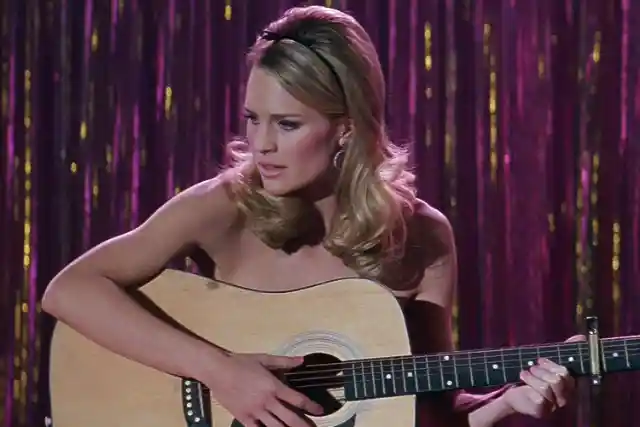
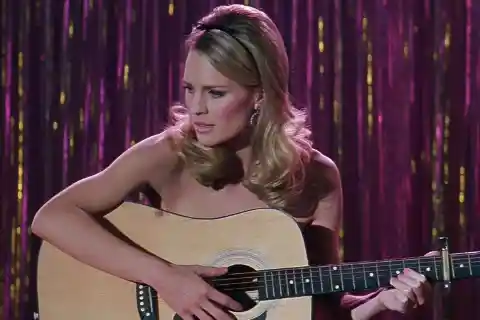
Forrest Gump earned Tom Hanks his second consecutive Oscar. His portrayal of a mentally-challenged, Alabama man who witnesses some major historical events has become an iconic film with plenty of quotable lines.
These days, there has been a big conversation about actors playing different races or genders. In all likelihood, while the movie makes you feel an endearment toward the title character, having Hanks play a mentally-challenged man some would find questionable.
Can’t Buy Me Love (1987)
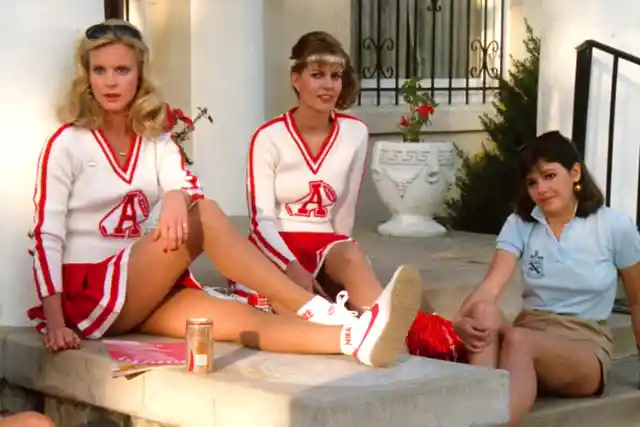
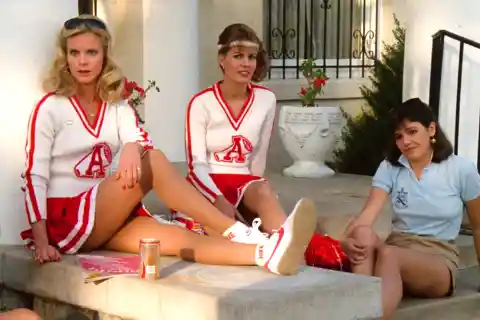
This classic nerd film, starring Robert Carradine, Anthony Edwards, Ted McGinley, and Bernie Casey, is about a fraternity of nerds who try to get even with the jocks and their girlfriends who bullied them.
The way they get even is by filming the inside of the sorority in question. One character even faked his identity to trick a girl into sleeping with him. Suffice it to say that for these reasons alone, this comedy wouldn’t work nowadays.
Just One of the Guys (1985)
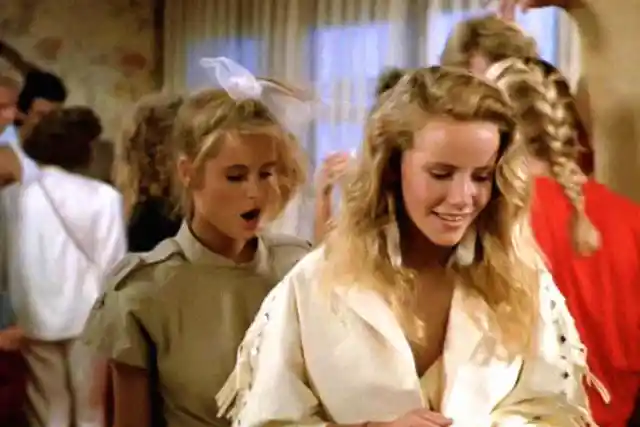
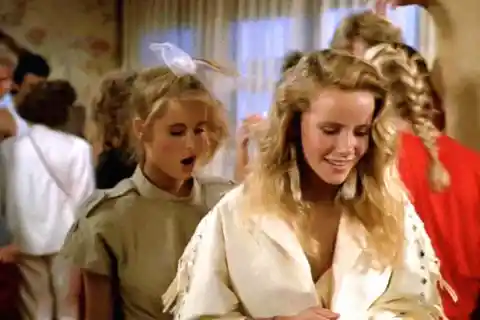
Like in many of the movies that we’ve seen here from the 1980s, a prevalent theme was for “nerds” or “dorks” going to great lengths to become “cool.” The film Can’t Buy Me Love has this premise as well. In recent years, the concept of “coolness” has certainly evolved a little bit.
The film’s message that you can buy love and that being a not great person is fine if you are doing it for good reasons would probably not be a lesson encouraged by modern audiences. A particular scene when the lead character leaves dog poop at this best friend’s house to prove his loyalty to the popular crowd is proof enough.
I Spit on Your Grave (1978)
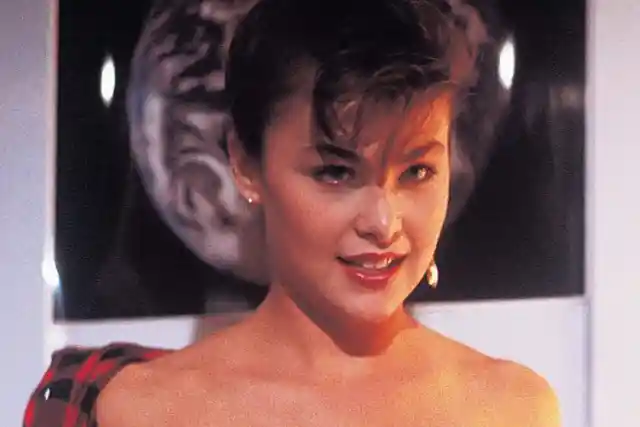
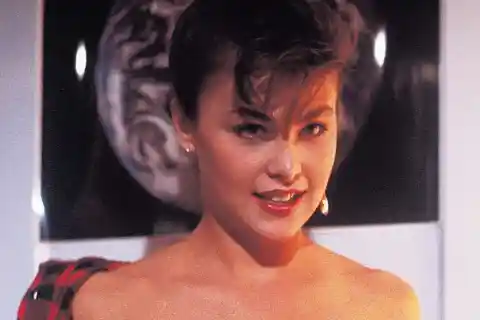
Just One of the Guys is a classic mixed-identity comedy where a female student, played by Terri Griffith, dresses up as a male to prove that she isn’t being taken seriously as a journalist because of her gender.
The movie’s plot is trying to make a point about the inequality of women. But some of the nudity in the film would probably have it taken off the list of family-friendly movies today.
Airplane! (1980)
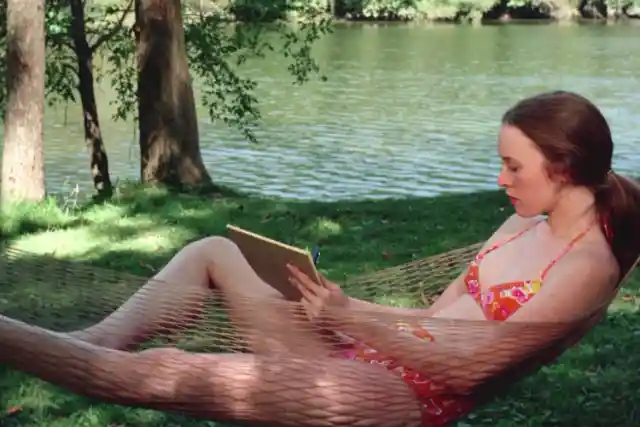

The ‘70s were a time of exploration and expression, especially in the fields of love and sexuality, but audiences felt this horror film took it way too far, even back then.
Not only did critics rate this movie as simply adequate in production, but the over-the-top assault scene that many feel went on far too long stunned audiences in a way that wasn’t appreciated in 1978, let alone now.
Back to the Future (1985)
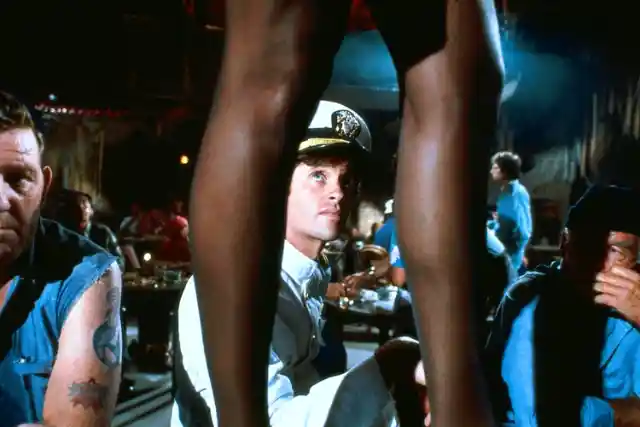
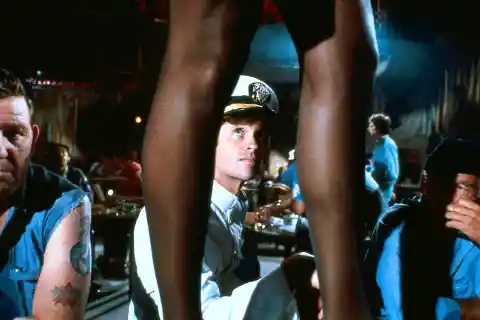
Airplane!, starring Robert Hayes and Julie Hagerty, is another classic comedy on this list. It’s known for its ability to squish as many jokes as possible into the storyline, as well as parodying the popular disaster movies at the time.
While most of that humor would be considered harmless today, there are a couple of moments that may not hold up as well to a modern lens. A flight attendant “speaking jive,” a pilot who is pretty creepy, and a scene of passengers smacking a hysterical woman in the face, are jokes that haven’t aged too well.
Animal House (1978)
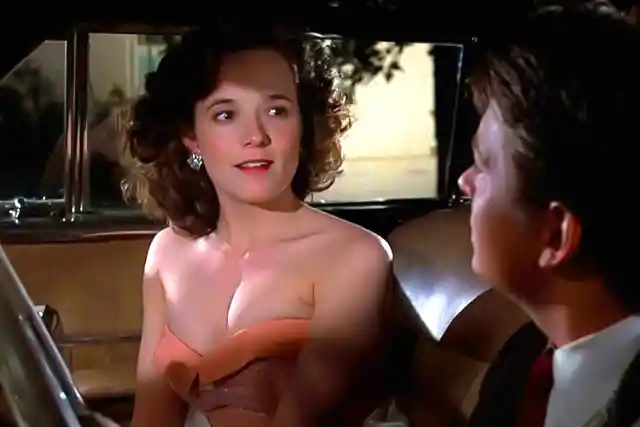
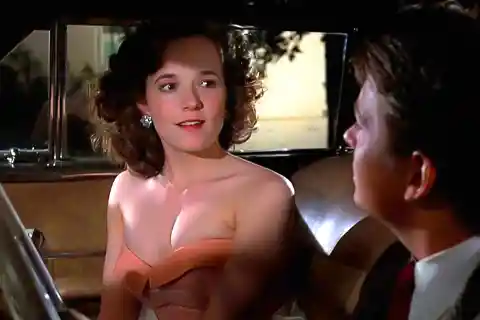
Back to the Future, starring Michael J. Fox, was one of the top movies of the ’80s and is an iconic film in pop culture. Playing on the fantasy of time travel, this movie takes the main character back in time to 1955 and meets his parents, where he gets trapped.
The original film was so popular that it naturally led to second and third movies. But, if it were ever to be made today, the writers would likely have to drop the incestuous storyline about Marty McFly’s mom trying to get with her son.
True Lies (1994)
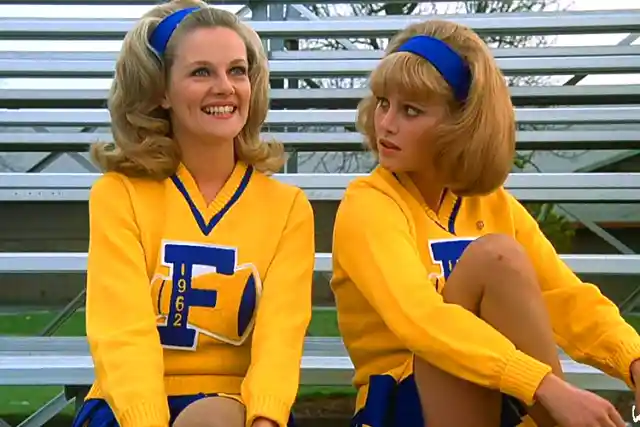
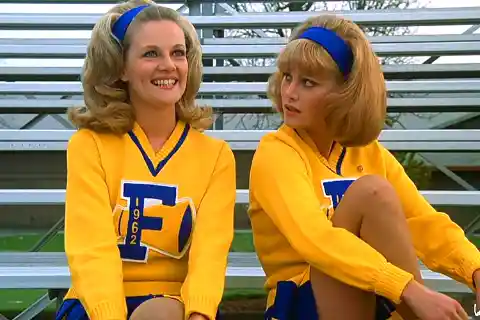
Animal House, produced by National Lampoon’s Matty Simmons, is an iconic comedy about trouble-making fraternity brothers whose frat house is close to getting cut by the college dean due to their various conduct violations. It set the tone for future college hijinks movies, such as Old School.
While this classic college comedy is highly regarded by audiences, if it were made today, it would likely receive tons of backlash. There are a multitude of reasons why the Internet would likely be outraged by it, but most of the ire would probably come from a scene where John Belushi’s Bluto character plays a very inept peeping Tom.
Blazing Saddles (1974)
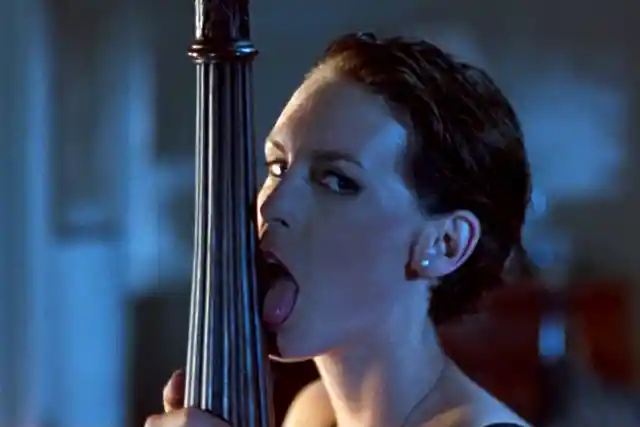
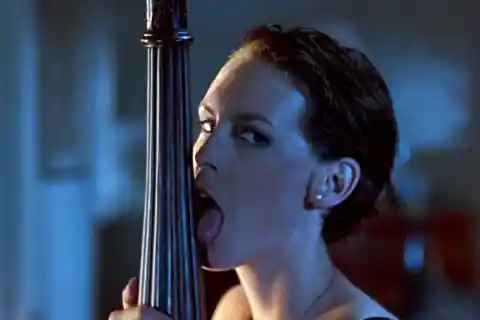
True Lies is an action-comedy starring Arnold Schwarzenegger and Jamie Lee Curtis based on the 1991 French film La Totale!. It sees its hero U.S. government agent trying his best to balance his work and personal life.
Its main reason for ending up on this list is that it draws on the stereotype of Middle Easterners playing terrorists. It was a popular trope that was used in many movies from that era, but likely would cause some outrage.
Caddyshack (1980)
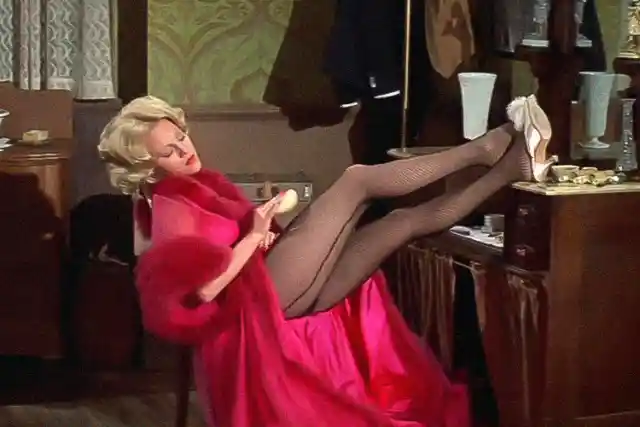
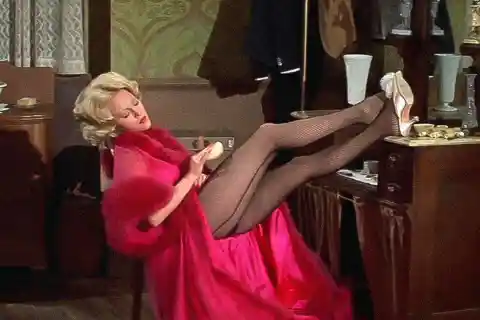
Blazing Saddles, directed by the comedy legend Mel Brooks, was nominated for three Academy Awards and is considered by many to be one of the most hilarious movies of all time. The stellar cast of Gene Wilder, Harvey Korman, and Madeline Kahn helped solidify this as a comedy classic.
Even with its status in the echelons of comedic and cinematic history, the satirical take on racism would likely go over the heads of today’s moviegoers. Its magnified and direct handling of bigotry, in addition to its frequent use of racial slurs, maybe too subtle of satire for the world of today.
Indiana Jones and the Temple of Doom (1984)
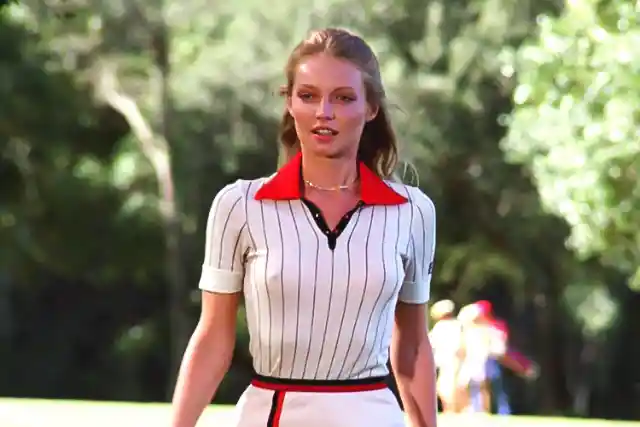
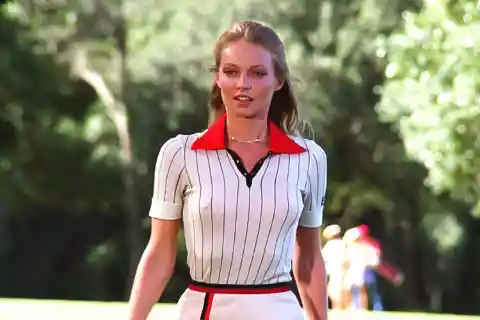
Remembered as one of the funniest sports movies ever made, Caddyshack is considered a comedy classic. Some even consider it the most hilarious sports movie ever made.
These days though, comedy has to thread a very difficult needle to not offend audiences. Even with an all-star cast of Chevy Chase, Rodney Dangerfield, Ted Knight, Michael O’Keefe, and Bill Murray, many of the jokes and banter would probably be a little too much for modern crowds.
Trading Places (1983)
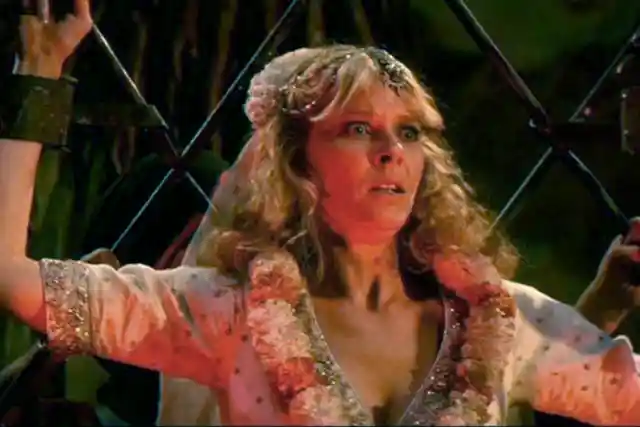
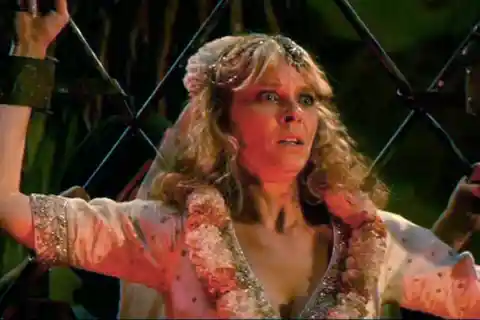
While the entire Indiana Jones franchise solidified Harrison Ford as an action hero and is a classic today, this movie prompted the MPAA to create the “PG-13” rating for films due to its graphic nature.
Knowing the memorable scenes that are pretty terrifying such as showing people eating monkey brains and ripping out the hearts of people while they’re still alive, there is no way this movie would have anything less than an R-rating.
Dressed to Kill (1980)
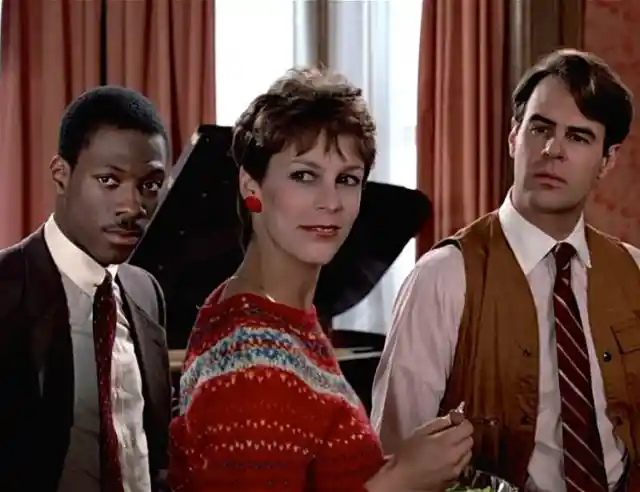
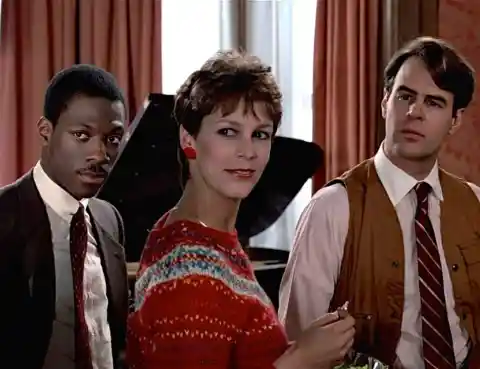
Much like Die Hard, there is a big social media debate about whether the comedy Trading Places is a Christmas movie or not. Either way, the chances of this film being made today is improbable.
There are a couple of scenes that stand out that would likely rub audiences the wrong way. One scene has a character grabbing a woman for sex and calling her derogatory names when she refuses. Another scene has Dan Aykroyd wearing a black face, which suffices it to say, wouldn’t be regarded too well.
Manhattan (1979)
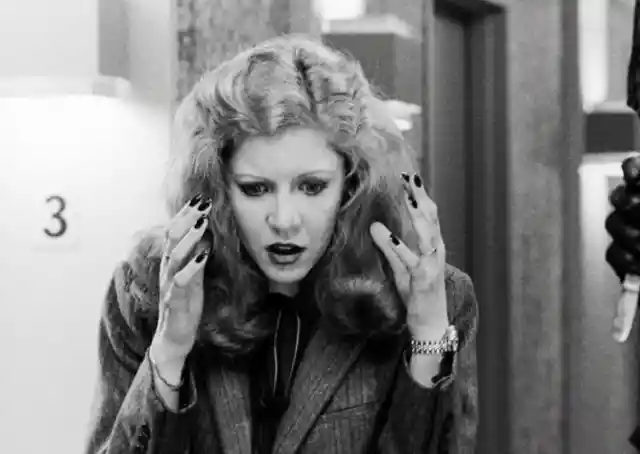
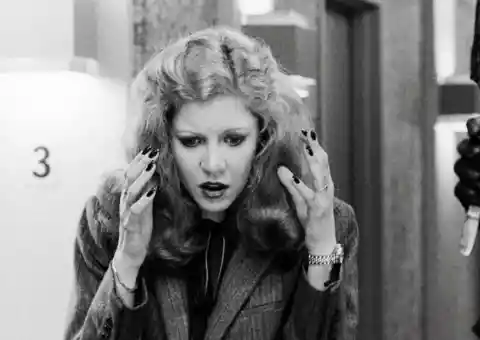
Dressed to Kill, starring Michael Caine, follows the story of a woman brutally murdered by a cross-dressing serial killer who kills women that turn him on. This movie would likely be lambasted by audiences today.
While the movie is a classic, the implication is that someone who identifies as the other gender is a killer and would likely get flak online and in Hollywood. This is especially true as in the last few years, society has tried to be extra cautious about anything related to gender identity.
Soul Man (1986)
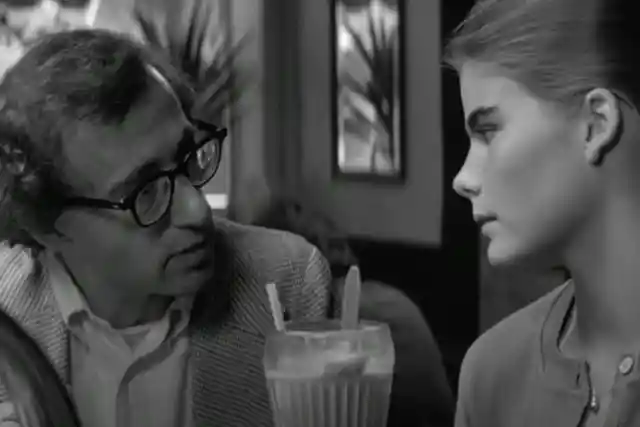
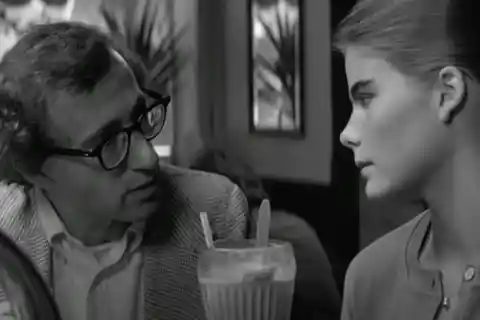
Manhattan is a romantic comedy, starring Woody Allen, about a middle-aged man dating a 17-year-old girl. The synopsis of the movie would even raise eyebrows with audiences.
Add that to the fact that director Woody Allen’s personal life has been extremely controversial, regarding the infamous romantic relationship with his stepdaughter. This movie is just a little too realistic.
Big (1988)
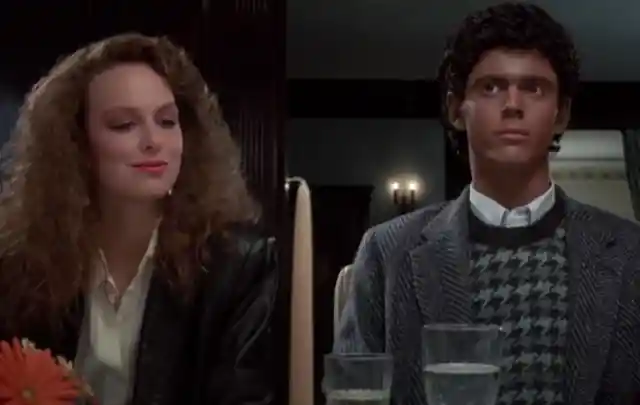
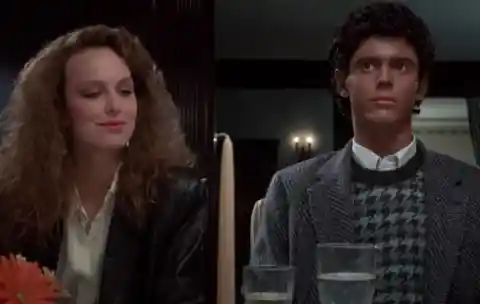
Soul Man stars C. Thomas Howell is another one of those films that when you just read the plot of the movie, you can understand the issues. A white law student pretending to be black…by wearing a black face…to get a scholarship.
This movie was controversial back in the ’80s as it was. Nearly four decades later, the story seems like it would certainly be cringeworthy and its chances of being fine today are more than a little bit unlikely.
Aladdin (1992)
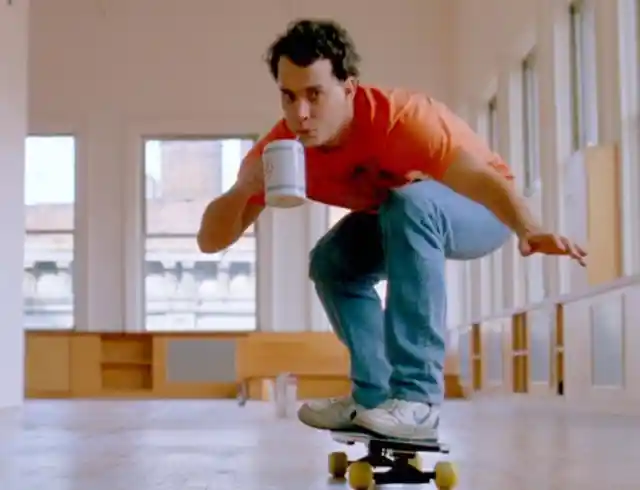
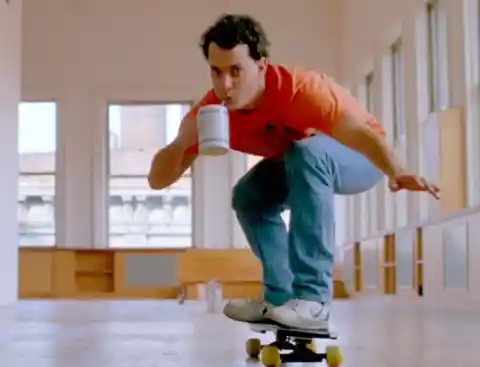
It’s a pretty common dream for kids to want to be adults. That’s what Tom Hanks’ megahit Big is all about, where the lead character makes a wish and is suddenly an adult overnight.
While the premise of the movie is cute and funny and has plenty of memorable moments, not everything would work nowadays when looking deeper. The particular issues people would have with the awkward relationship between a man (who is really an underage kid) and an adult woman are a bit close to stories that frequent the news.
48 Hrs. (1982)
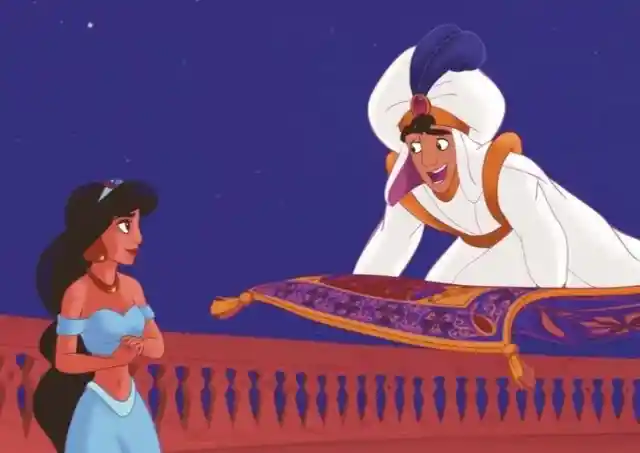
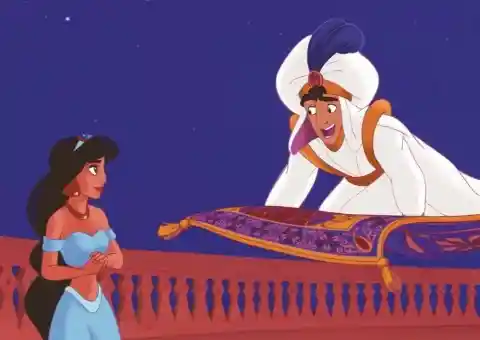
While many of us dreamed of riding on a magic carpet, having a tiger as a pet, and being granted wishes by a genie, the Aladdin we know and love from childhood wouldn’t make it in Hollywood today. As evident from the live-action re-make from 2019, there were some noticeable differences.
Disney has now added disclaimers apologizing for the film’s potentially offensive stereotypes about Middle Eastern people that would cause potential ire. In the less successful live-action reboot, those stereotypes were minimized, and Princess Jasmine was altered to not need much rescuing.
Stripes (1981)
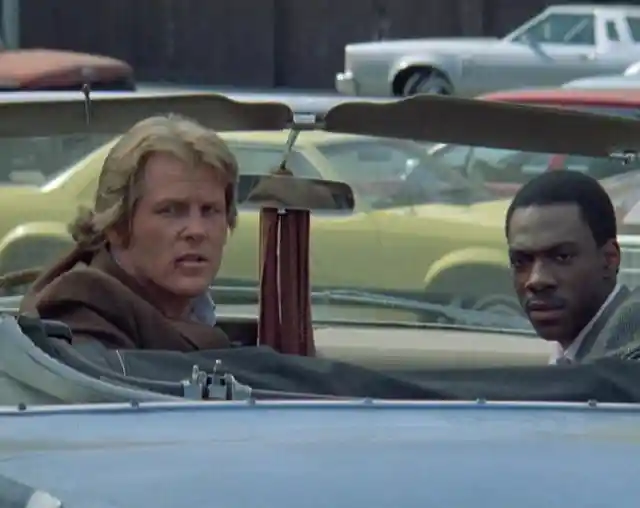
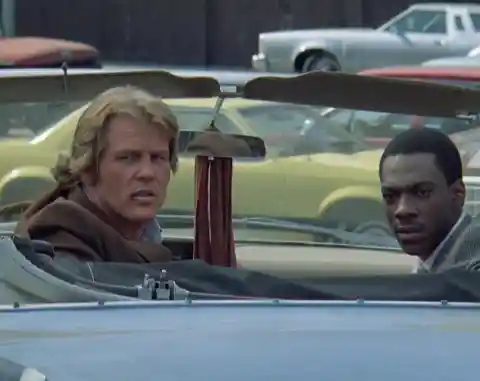
This buddy cop action comedy film starring Nick Nolte and Eddie Murphy takes the two on an epic adventure to catch two cop killers in two days (hence the name 48 Hrs.).
While it’s a beloved 80s movie, and one of the movies that made Eddie Murphy a star, the frequent use of racial slurs is just one reason the movie, nor its sequel, Another 48 Hrs. probably wouldn’t be something that works today.
Monty Python’s Life of Brian (1979)
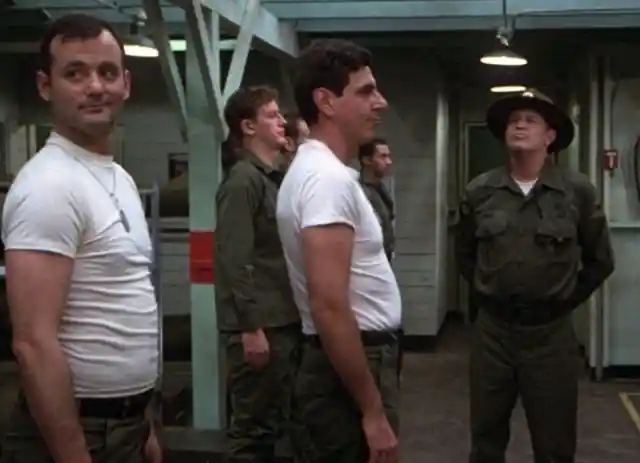
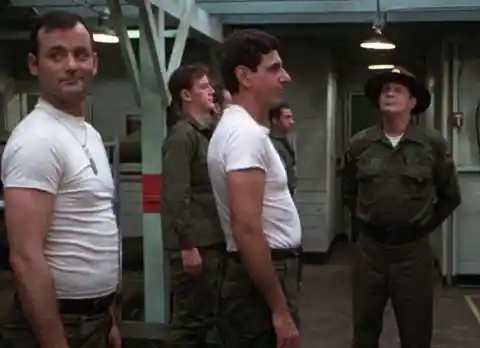
Stripes was a big hit in 1981 that starred Bill Murray and Harold Ramis. It features a band of military misfits who constantly get into trouble, culminating when their antics lead to a “faux” war with the Soviet Union.
Unfortunately, a movie that lampoons the military like this and jokingly talks about unnecessary wars would probably outrage audiences on all sides, even if is a classic.
Teen Wolf (1985)
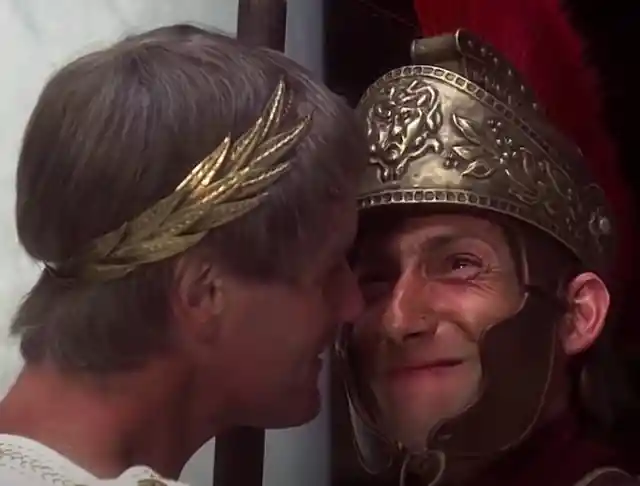
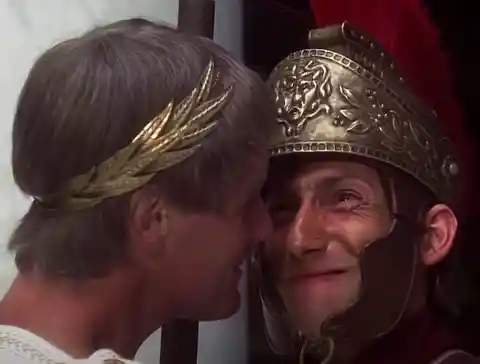
If you haven’t heard of Monty Python, the iconic British comedy troupe, most comedy fans would shame you. Aside from the successful television series, Monty Python’s Flying Circus, they had beloved films.
Their follow-up to Monty Python and the Holy Grail was their next film on religious Monty Python’s Life of Brian. It’s a classic comedy and is acclaimed for its critique of organized religion. However, these days, a movie that is lampooning basically the entire Christian religion might be a risk that no major Hollywood studio is willing to take.
Slap Shot (1977)
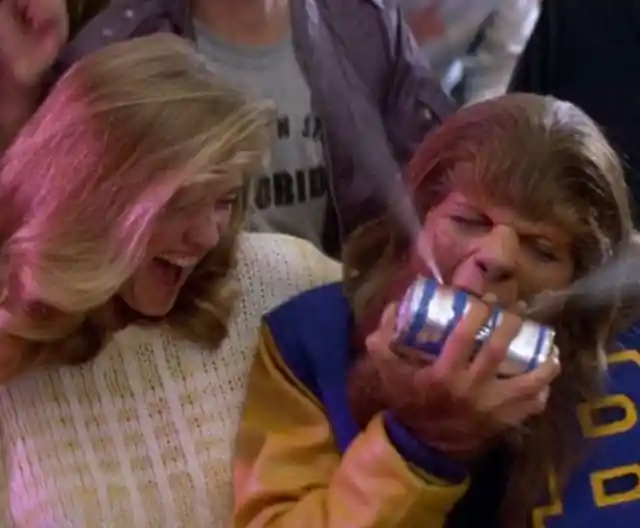
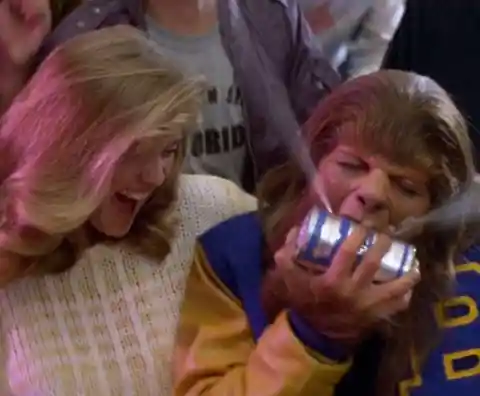
Werewolf and vampire movies have been popular in a few different eras. There was even a 2011 series of the same name Teen Wolf, with a much darker plotline. This classic Michael J. Fox comedy might not make it in the 2020s.
At one point, when the protagonist tries to reveal his wolfy secret to his friend, the friend wanted to find out if he was coming out of the closet, using some less-than-politically-correct language.
White Chicks (2004)
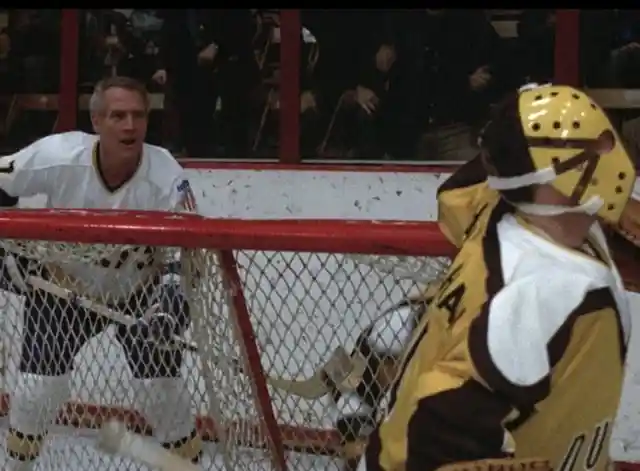
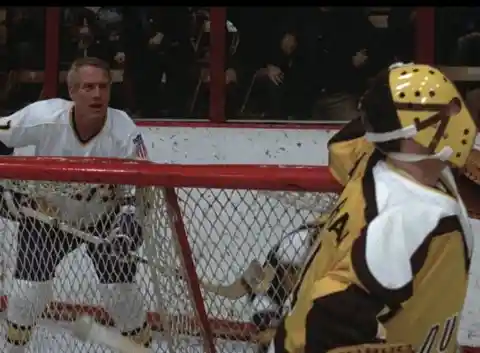
Slap Shot, starring Paul Newman, is well known for its realistic portrayal of hockey, its memorable cast, and that classic small-town to the big-dreams plot. The 1977 movie is a beloved sports movie of the past.
While it’s still a favorite for many hockey and comedy fans, the over-the-top rowdy behavior, excessive violence, and general nature of the insults would make it tough to pass in the current era.
Gremlins (1984)
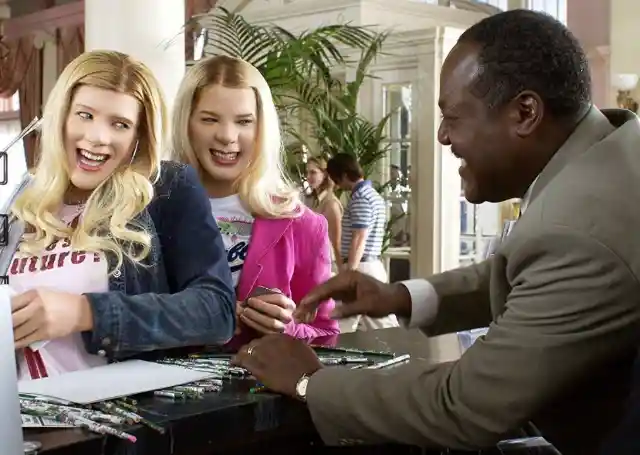
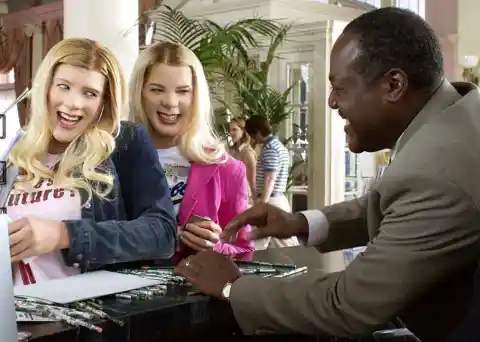
White Chicks has the Wayans Brothers as two black detectives, going undercover to pretend to be white women. The comedy has a bit of a cult following, but there are numerous aspects that wouldn’t sit right with people.
While it’s trying to do a unique commentary on race and gender relations, much like a famous Eddie Murphy SNL sketch, it would likely miss the mark today. Films have been lambasted for having actors play different races and genders, and this likely would get the same treatment.
Die Hard (1988)
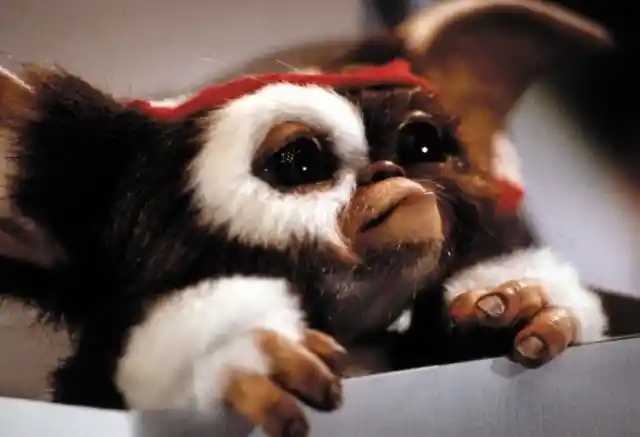
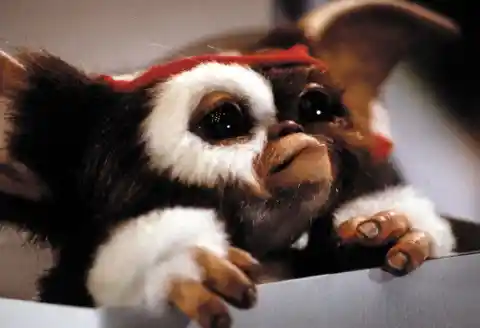
Gremlins is basically a horror movie, but not in the traditional sense. The memorable character, Gizmo, won audiences over for his incredible cuteness, but the film takes a dark turn. Soon, the small town faces havoc when dealing with these evil title creatures.
In the mid-1980s, this somehow didn’t receive an R-rating. The movie may still be made today, but the number of characters killed, including the murder of an elderly woman in her wheelchair would be too shocking for the audience without anything less of a rating.
The Last Samurai (2003)
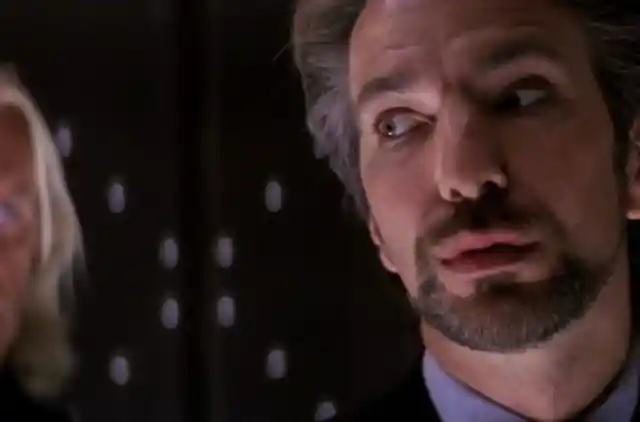
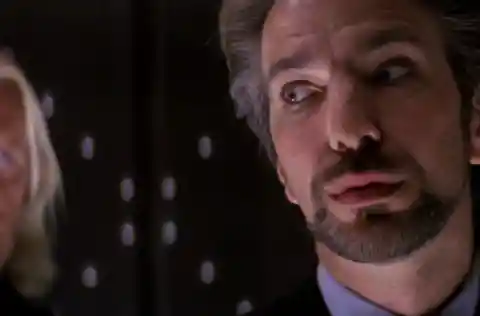
A Christmas party goes all wrong when a terrorist attack gets in the way. Die Hard is a classic action film that featured “40 stories of sheer adventure” and turned Bruce Willis into an overnight action star.
Die Hard has maintained being a fan favorite partially due to the Internet debate over whether it’s considered a “Christmas movie,” allowing it to get away with more than average. With a constant news cycle that often mentions terrorist attacks pretty often, it’s very possible this iconic hit would be met with some ire.
Me, Myself & Irene (2000)
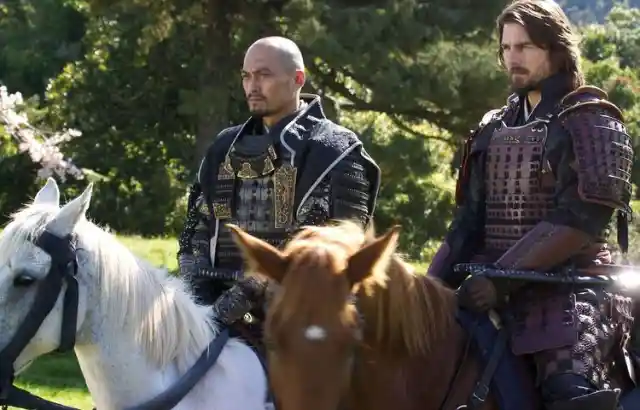
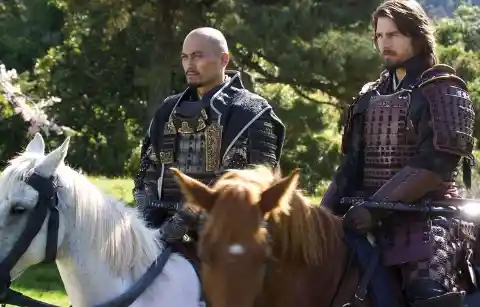
Samurais have always been pretty cool to audiences. From their expertise in wielding a sword, to their stealthiness, people are drawn in. Tom Cruise in The Last Samurai was never a popular film in 2003.
Today, however, going back to the issue of someone playing a character of a different race is one aspect that would probably be panned. The historical inaccuracies of the film would also be under the microscope as well.
Pocahontas (1995)
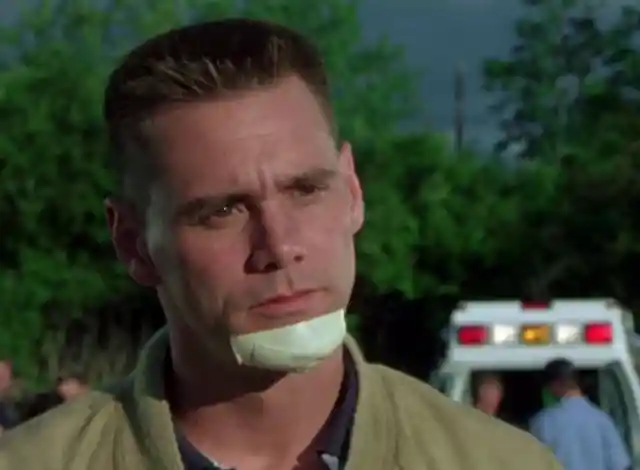
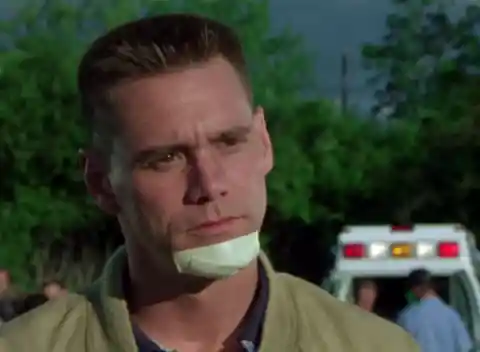
Me, Myself & Irene sees Jim Carrey develop multiple personalities to comedic effect. The newly-formed personality, named Hank, acts in a much different and aggressive manner than Carrey’s docile Charlie.
Even in 2000, when it was released, mental health professionals were pretty appalled at the association that schizophrenia is related to criminal behavior. It would certainly receive blowback today as well due to the way mental health is talked about more delicately than over the past 20+ years.
Short Circuit (1986)
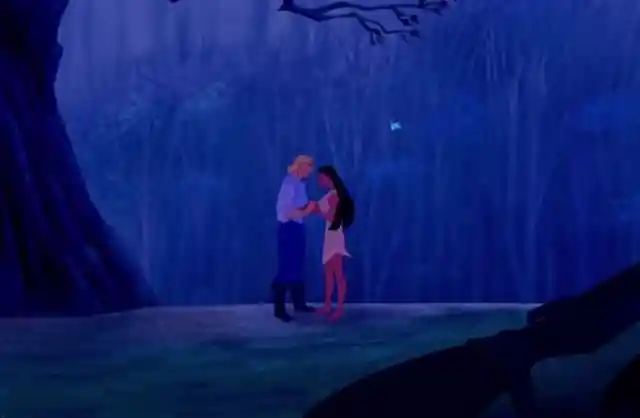
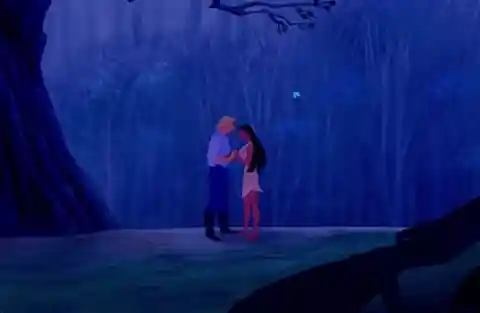
Disney’s Pocahontas was controversial when it was released in 1995 due to its highly inaccurate portrayal of the historical figures of Pocahontas and John Smith. The soundtrack is incredibly memorable, but the film itself would be problematic to some.
Given the recent shift when it comes to the conversation about Native Americans were treated by colonialists, the rosy relationship between the couple would probably be dismissed today.
Silver Streak (1976)
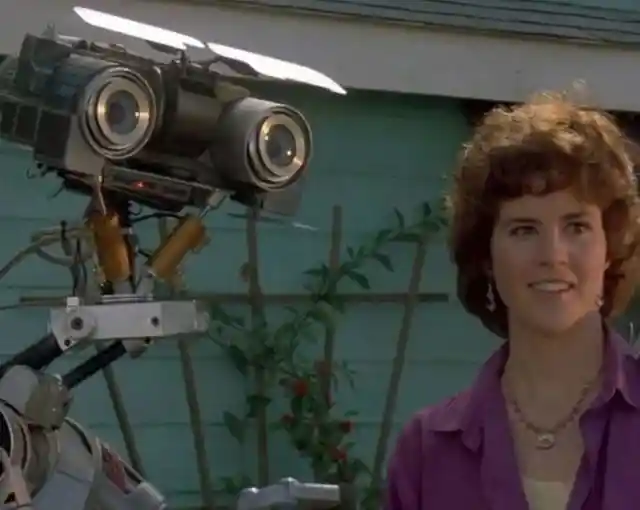
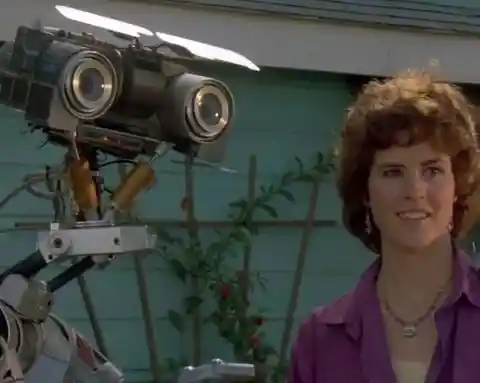
Short Circuit is a comedy film about a robot, played by Tim Blaney, that achieves sentience by accident, eventually leading it to go up against his military programming.
The plot is harmless enough to make it through today. What would likely cut this movie from being made today is the key supporting character of the film, who is Indian, but is being played by a white man, Fisher Stevens, in brownface.
The Toy (1982)
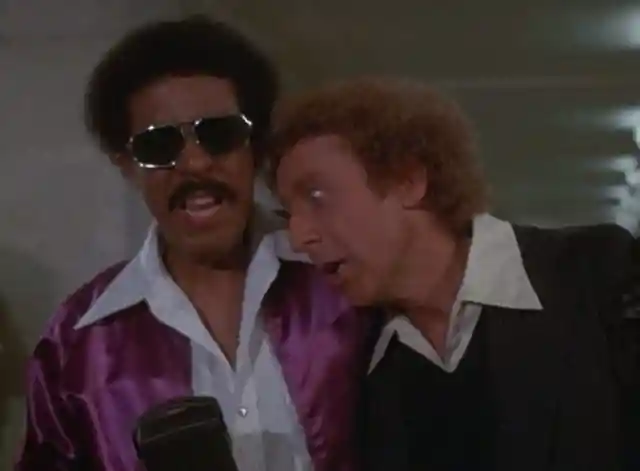
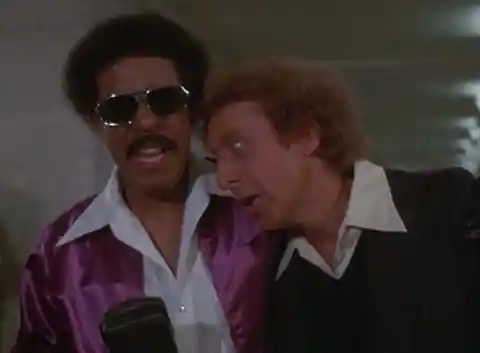
Silver Streak, starring Gene Wilder, is the classic tale of being in the wrong place at the wrong time. This story takes you along the journey of a man mistaken for a killer as he tries to prove his innocence.
This comedy decides to aid the hero by dressing him up in blackface, which is an immediate strike that is no longer tolerated. With Richard Pryor telling costar Gene Wilder in one scene “how to be black,” it’s pretty clear that a take on race relations like this wouldn’t work today.
Tootsie (1982)
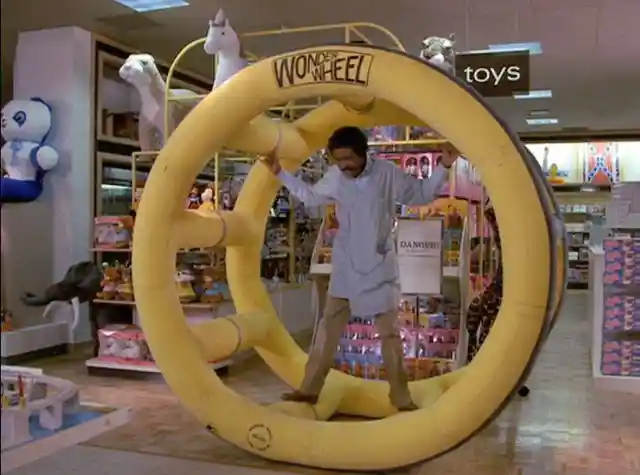
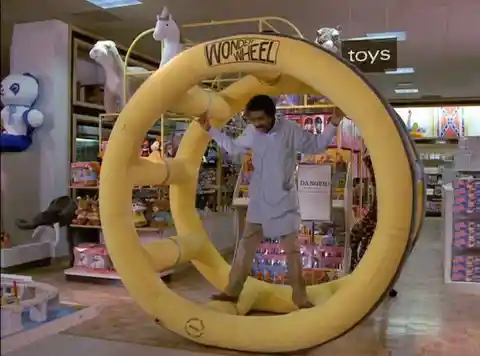
The Toy was one of the many movies funnyman Richard Pryor made in his prime. The plot is about a rich white man who “buys” an African American man as a “toy” or companion for his son. We probably don’t have to highlight why the plot wouldn’t work.
Comedy great Richard Pryor was no stranger to talking about racial issues. But this movie wasn’t particularly received well in its time, and wouldn’t fare well today either.
Mr. Mom (1983)
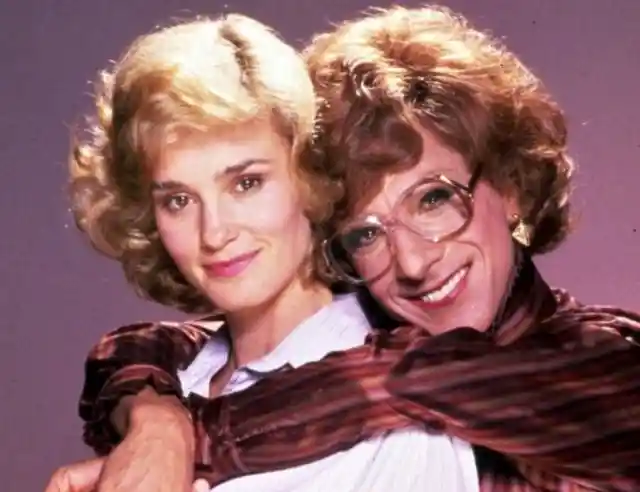
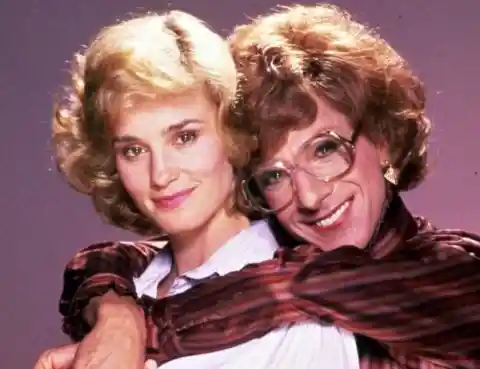
Tootsie‘s was a beloved film and just one of the many memorable roles of leading man Dustin Hoffman. Hoffman’s character is known for his difficult attitude in the showbiz world and ends up disguising himself as a woman to get a role in a soap opera.
Even as satire, a man dressing up like a woman for a woman’s role would not mesh well with today’s ongoing conversation about the equality of women in the workplace.
The Bad News Bears (1976)
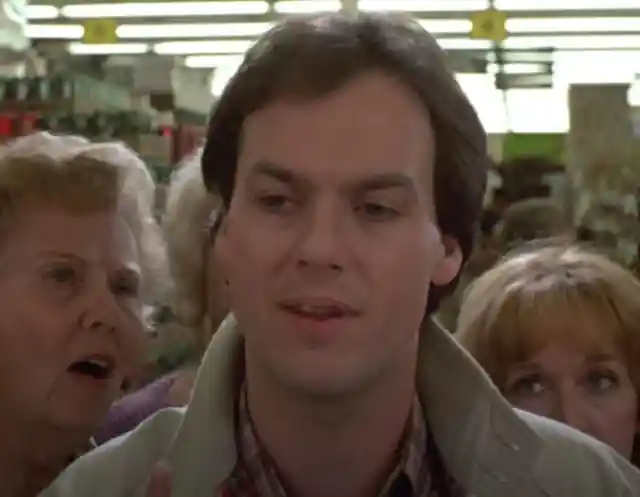
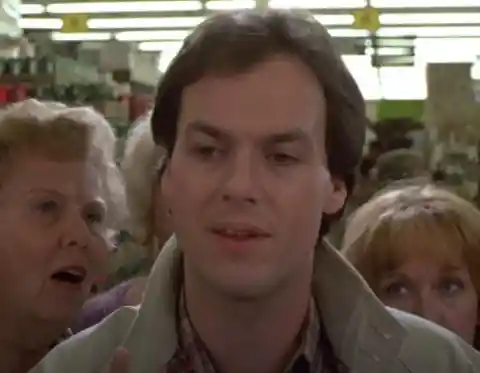
Mr. Mom is a movie about a father, played by Michael Keaton, who takes over the “mom” role in the family after his wife becomes the family’s breadwinner. It helped shape Michael Keaton into the versatile actor he is today.
In today’s world, however, there has been a big push for gender equality and parenting. Therefore, the stereotype of a man not working and staying at home with kids while his wife works would feel very outdated.
Police Academy (1984)
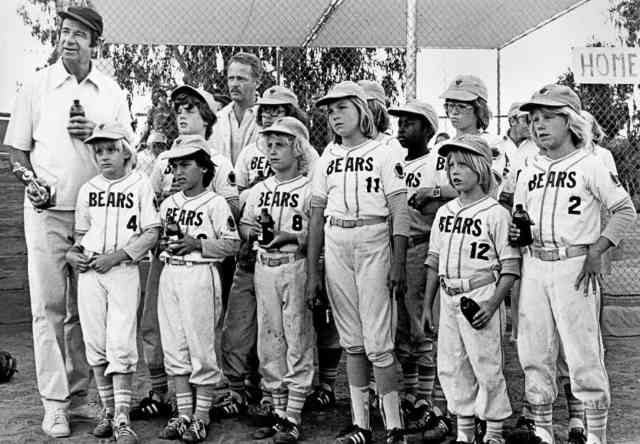
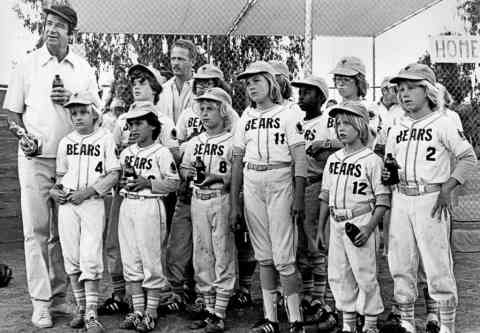
The Bad News Bears is one of many comedy sports movies that wouldn’t make the cut nowadays. This particular film is about an alcoholic ex-baseball pitcher who takes on the job of a youth baseball coach.
Underage drinking, cursing, and violence regarding kids led to the remake in 2005 being way toned down, but even that water-downed version would likely not be appreciated by today’s media standards.
Weird Science (1985)
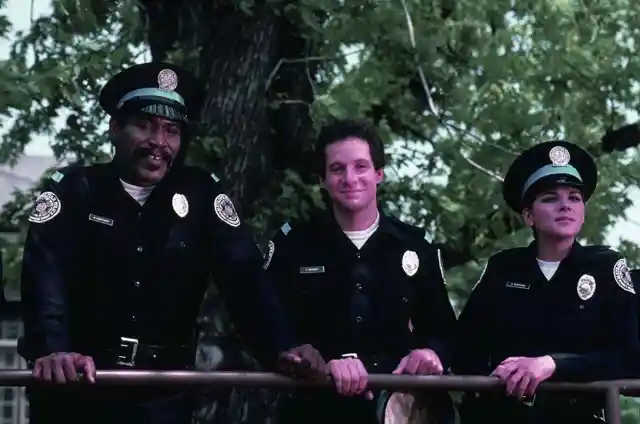
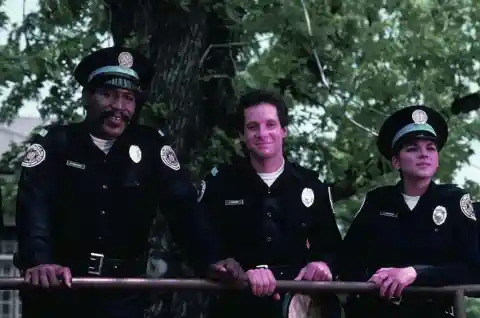
Police officers were the butt end of many movies during the ’80s, and the entire Police Academy franchise popularized the idea of inept cops. The original movie and its sequels were incredibly popular.
Even though the actual content and jokes in the movie aren’t offensive, any film or show that depicts police officers being incompetent automatically would be assumed to have a political slant. Considering how much the topic of police comes up in conversation, anything about cops at all probably wouldn’t be considered funny.
Three Men and a Baby (1987)
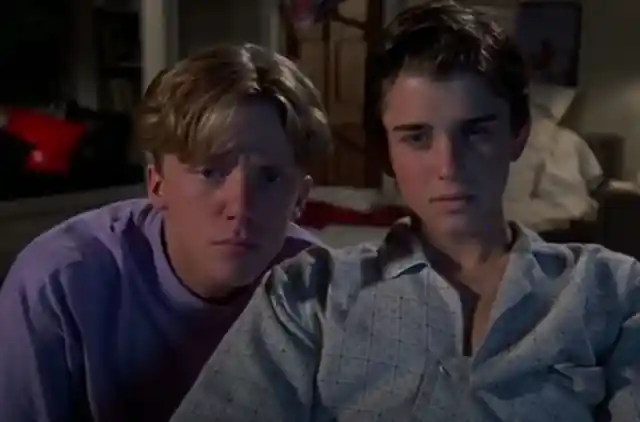
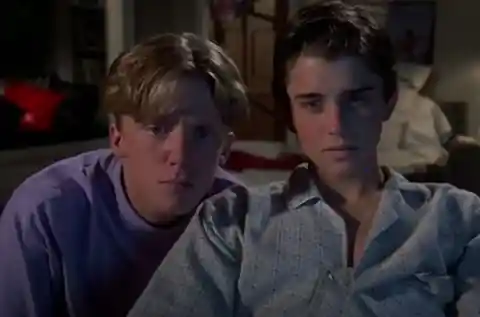
Cue the nerds again. Weird Science is the tale of two lonely nerds, played by Anthony Michael Hall and Ilan Mitchell-Smith who just want to get a girl, so they make one. Fortunately, the girl they make, played by Kelly LeBrock, doesn’t become a girlfriend or anything like that but instead helps them find girls of their own.
While the lesson of the movie encourages a positive lesson, the concept of men creating a woman for their own selfish needs wouldn’t work given the overall conversation about the treatment of women.
Dream a Little Dream (1989)
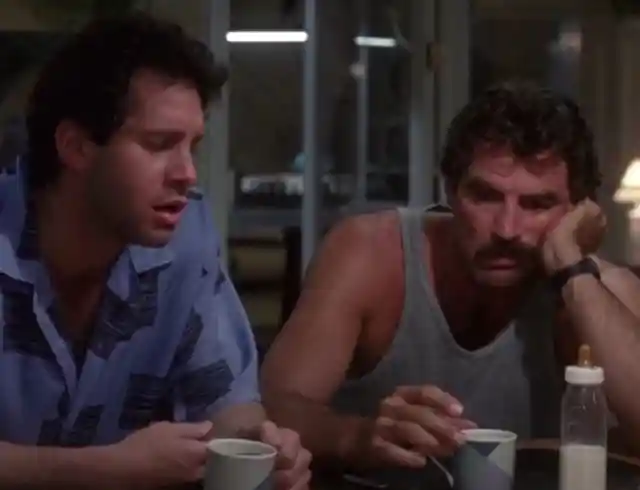
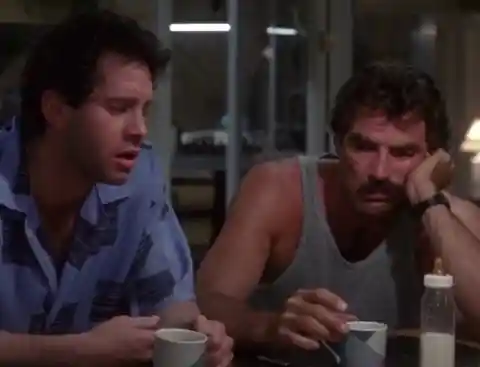
Tom Selleck, Steve Gutenberg, and Ted Danson were three stars of the 1980s. So naturally, the film Three Men And A Baby, which cast these stars on the same screen was a commercial success.
The movie doesn’t exactly hold up completely to the modern lens. Despite its cute premise, the baby’s father being a drug dealer and some off-color jokes about gay people may be an issue for this one.
Heathers (1989)
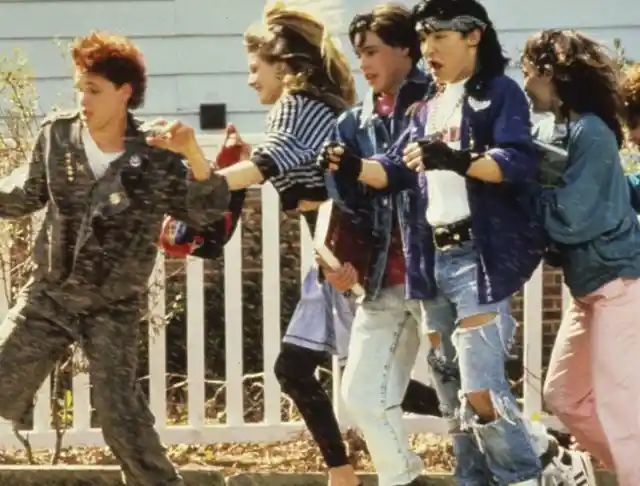
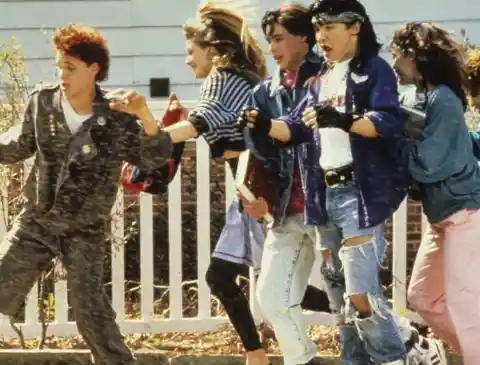
The movie Dream A Little Dream is on this list not because of the main plot, which is about an older man and a teenager swapping minds, but actually because of one of the subplots.
In the scene in question, one of the teenage characters, Lainie is forced to stay in an abusive relationship by her parents. If that doesn’t raise enough eyebrows, the idea of her mother going so far as to drug her to “keep her in line” would be tough to swallow.
Robin Hood: Prince of Thieves (1991)
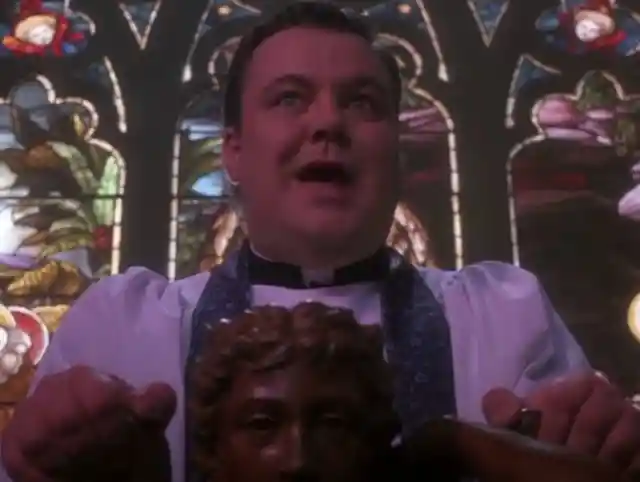
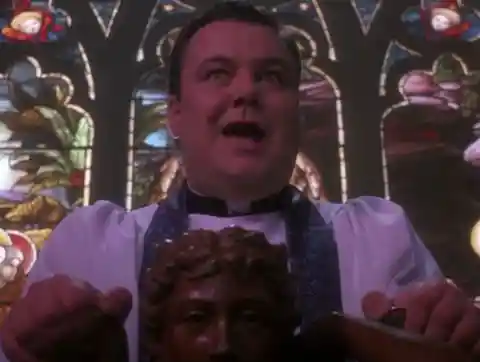
Heathers, starring Winona Ryder, Christian Slater, Shannen Doherty, Lisanne Falk, Kim Walker, and Penelope Milford, has become a classic ’80s movie. It’s gone over well with teenagers over the years as it highlighted the popular theme of teens feeling unaccepted by their classmates, family, and society.
While the movie’s underlying theme could be made today. What would certainly be questionable is the part where the characters decide to blow up the high school. With the prevalence of school shootings, this element would likely feel too real.
The Crying Game (1992)
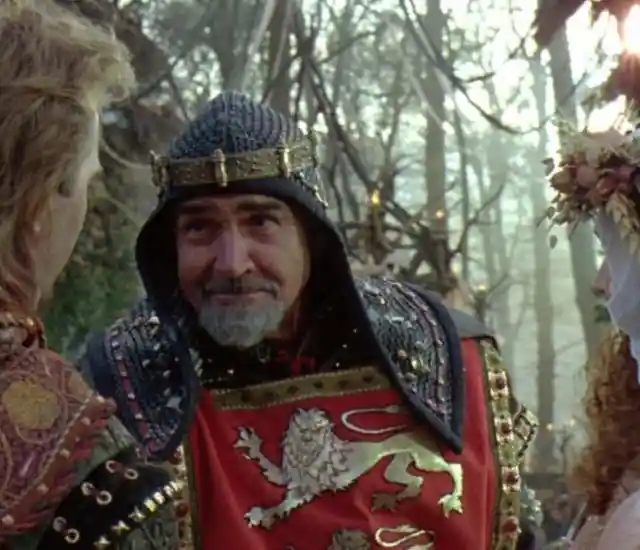
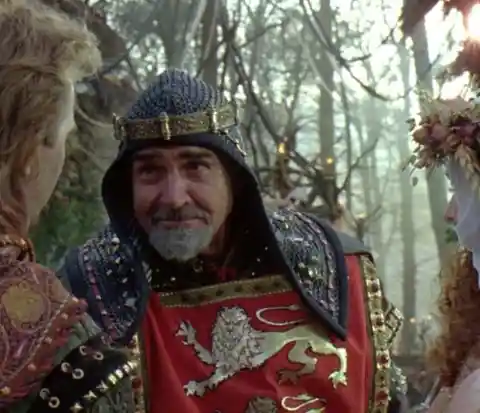
Robin Hood: Prince of Thieves is based on the original classic tale of the titular hero that steals from the rich and gives to the poor. This classic hit stars Kevin Costner, Morgan Freeman, Christian Slater, Mary Elizabeth Mastrantonio, and Alan Rickman.
The movie was a big screen winner when it premiered in 1991, though the 30+ years later gift of hindsight sees one scene where a character tries to force the bride to do the dirty deed right at the altar, which may not age too well.
Batman Forever (1995)
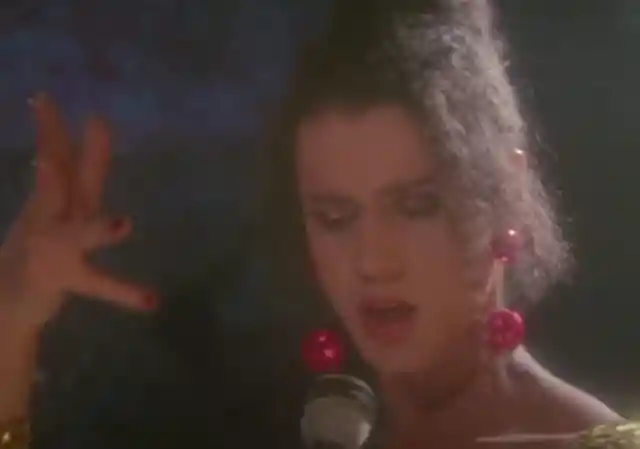
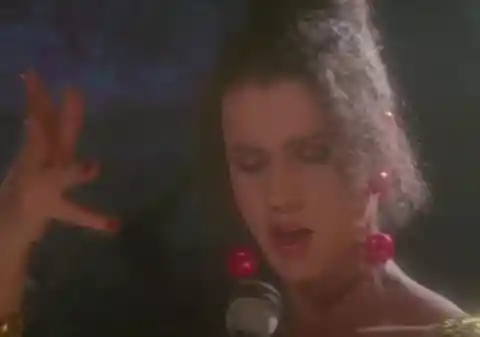
Set in Northern Ireland, The Crying Game explored various controversial themes like race, gender, nationality, and sexuality. It was quite a contentious film even in the early ’90s.
When the twist of the movie reveals that a character is transgender and is met with repulsion and violence, it’s heartbreaking. In a current age where society is delicately dealing with the topic of gender, this climactic ending could cause some issues.
Chasing Amy (1997)
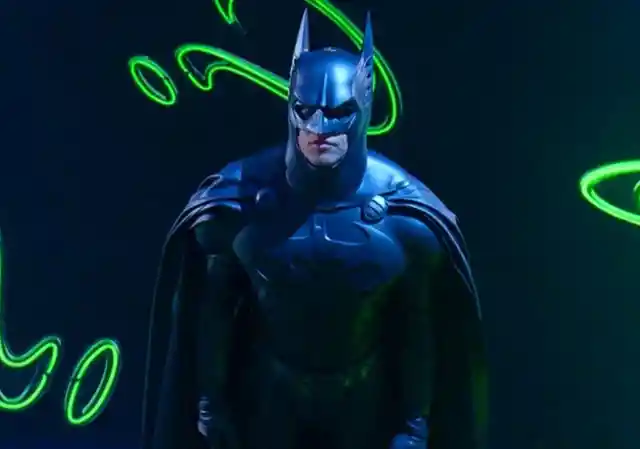
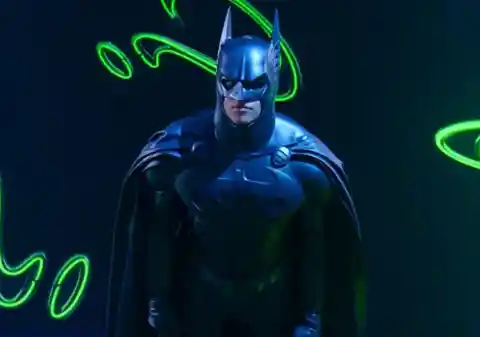
Batman Forever was the third firm in the superhero franchise, which had Joel Schumacher replace Tim Burton in the director’s seat, and saw Val Kilmer take on the famous cowl. Warner Brothers, the studio funding the movie, though the first two films were too dark and wanted to go in a lighter direction.
The film and its sequel, Batman & Robin, were deemed a bit too campy and put a halt on this iteration of the Caped Crusader until director Christopher Nolan rebooted the character. With the current popularity of comic book films and the high expectations that devoted fan bases have for these films, Batman Forever doesn’t hold up.
Shallow Hal (2001)
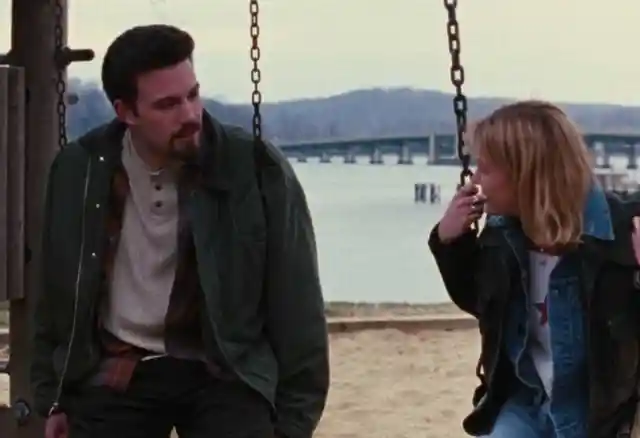
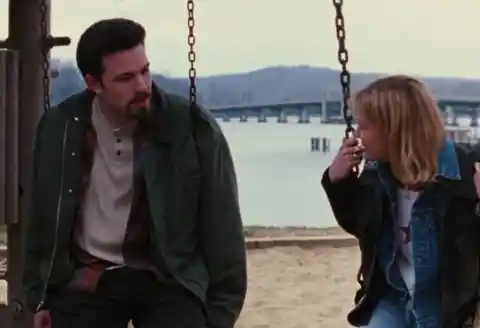
Chasing Amy is not your typical romantic comedy, as it’s directed by Kevin Smith, known for more cursing than you find in most rom-coms. It stars a young Ben Affleck, who falls for a fellow comic book artist, played by Joey Lauren Adams, who turns out to be lesbian.
Throughout the film, he pursues every avenue to garner her affection and eventually they start a relationship. While Chasing Amy was applauded for its LGBTQ characters, putting it way ahead of its time, modern audiences would probably push back against a plot of a character pushing his love interest into going against her sexual orientation.
The Passion of the Christ (2004)
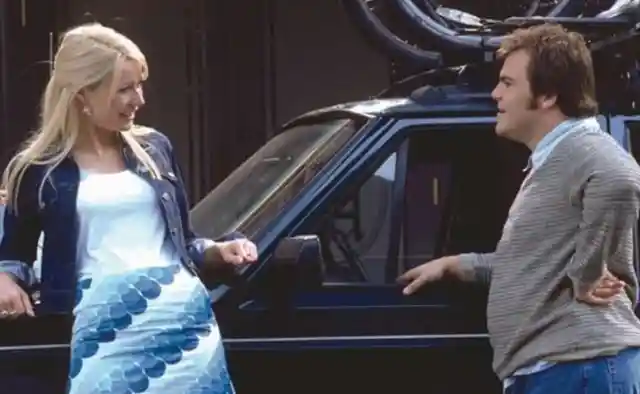
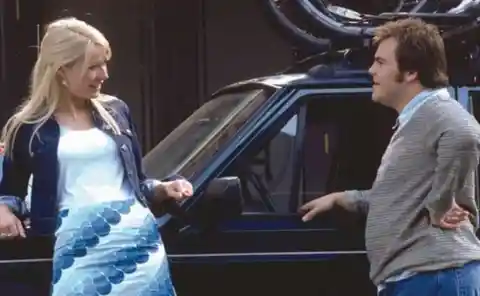
Shallow Hal is about the title character, played by Jack Black, who is hypnotized to view women differently. He falls for a woman, Gwyneth Paltrow, who he sees as being thin, while in reality, she is morbidly obese.
Along Hal’s journey, we see different women through his eyes compared to how they look in real life. But there is a barrage of fat jokes that would ruffle more than a few feathers. While the message and moral of the movie are about not being superficial and seeing people’s inner beauty, the execution would likely still offend people.
Knocked Up
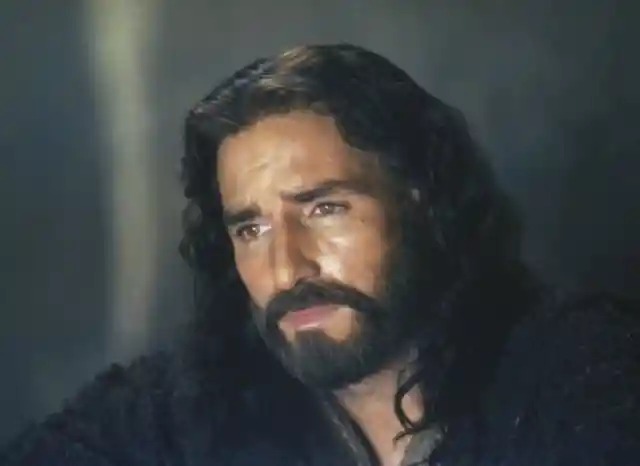
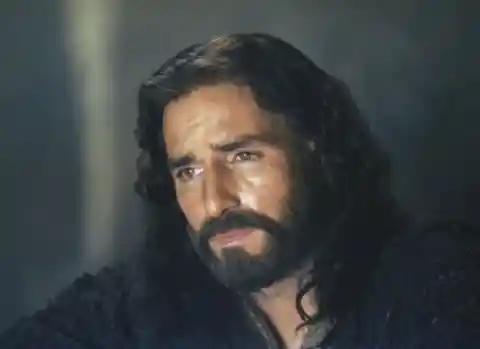
The Passion of Christ, Mel Gibson’s directorial take on Jesus’ last hours, was extremely controversial when it was released in 2004. There were gruesome scenes that had a whole new level of traumatizing, not to mention the anti-Semitic vibe that led to numerous poor reviews by film critics.
Considering what’s come to light about Mel Gibson’s comments about Jewish people, a film like this, with classic tropes of anti-Semitism, and a controversial director, it would seem to be tough to get greenlit in today’s climate. Though, there have been rumors about a sequel possibly being made.
Tropic Thunder (2008)
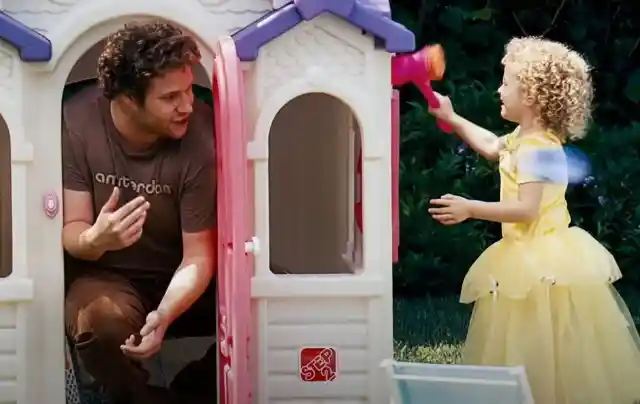
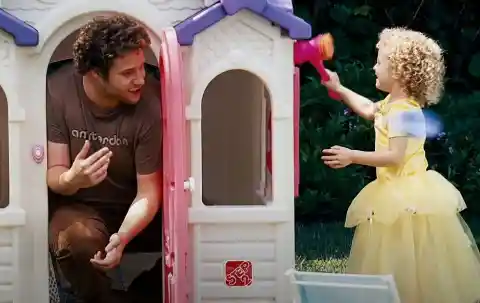
Knocked Up, starring Seth Rogen and Katherine Heigl, is a film aptly named for its storyline about a young couple getting pregnant and facing upcoming parenthood. It was one of Judd Apatow’s first hits and helped launch Seth Rogen into superstardom.
The movie hasn’t aged horribly, however, it may have trouble with today’s crowds due to its unflattering portrayal of women being uptight, humorless, and always having to be the adult while it was okay for men to slack off.
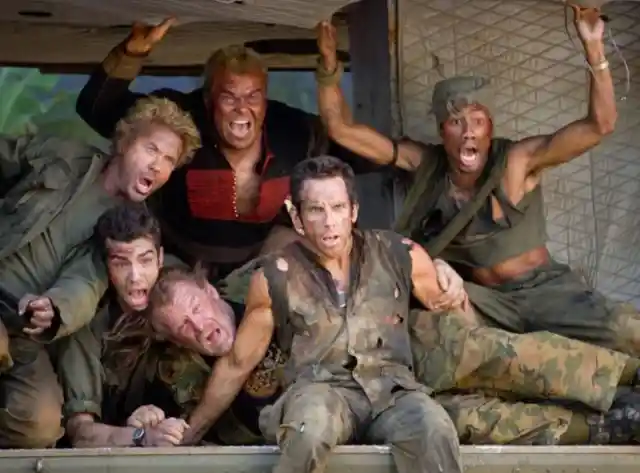
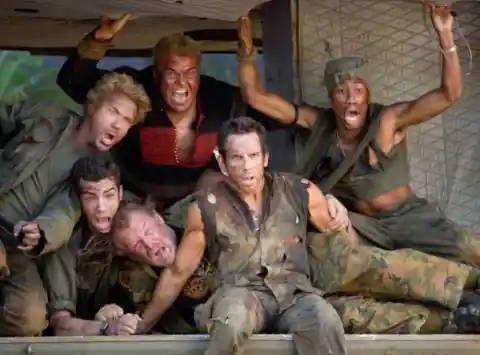
Tropic Thunder is a comedy lampooning the many war films over the years, where a bunch of actors is dropped in the middle of the jungle to fend for themselves. The star-studded cast that includes Ben Stiller, Jack Black, Robert Downey Jr., and Tom Cruise was critically-acclaimed but would have issues today for a few reasons.
While the movie is a satire of Hollywood itself, the subtlety of the commentary may be lost on many. The particular plot points that wouldn’t work today would be Ben Stiller vying for an Oscar for playing a mentally-challenged person, as well as Robert Downey Jr.’s portrayal of a character who was completely in blackface.